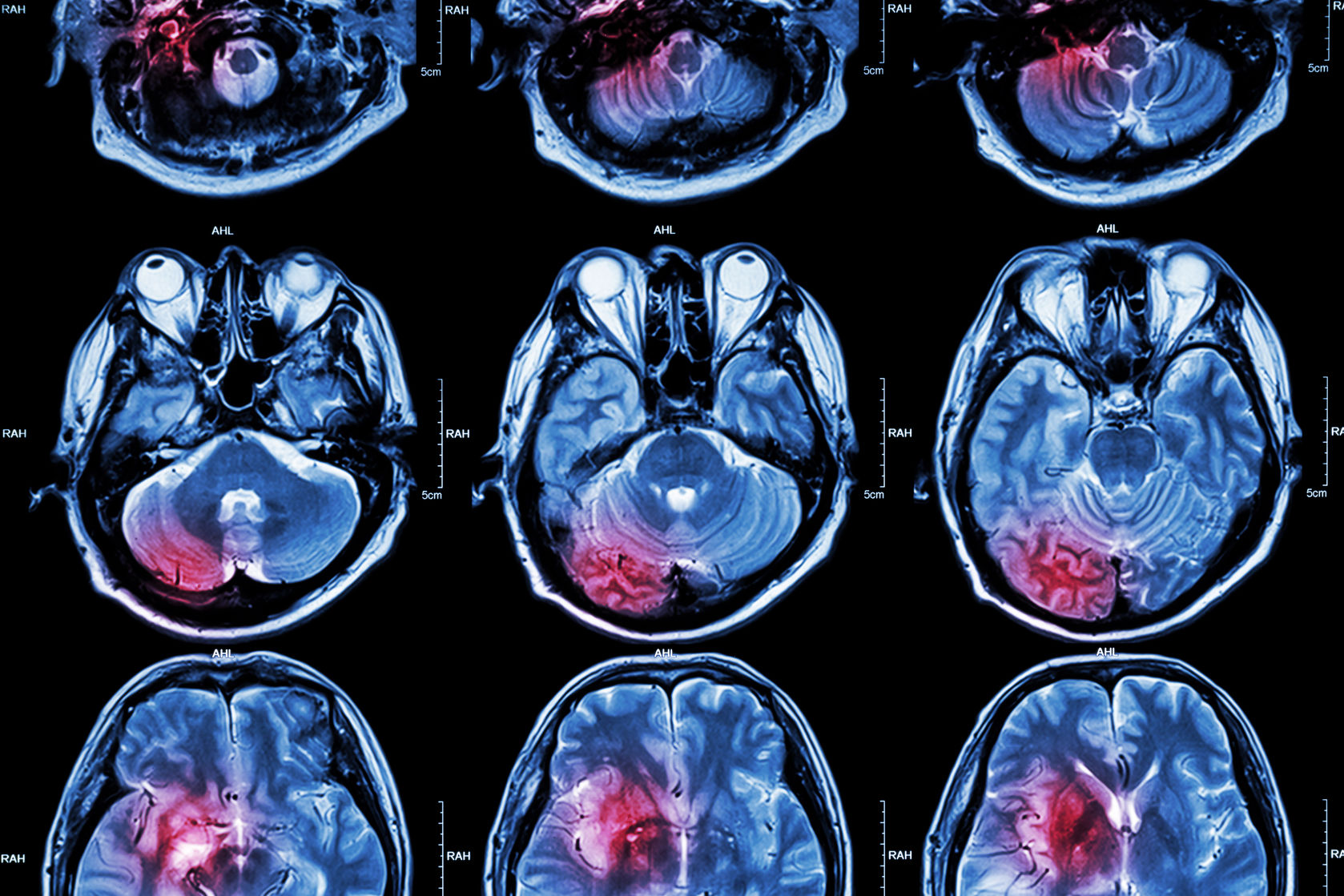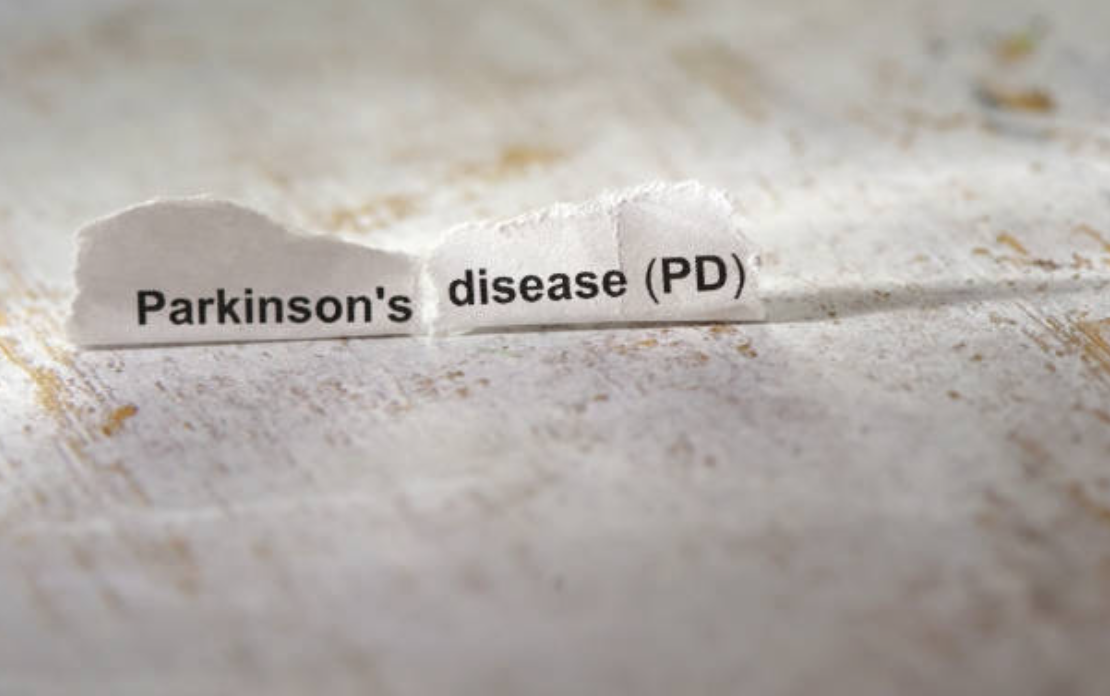Parkinson’s Disease research has come a long way since its first medical descriptions over 200 years ago. The most effective Parkinson’s treatment is Levodopa (L-dopa), an amino acid precursor that’s converted into dopamine in the brain, which combats motor deficiencies experienced by most patients. But Parkinson’s is more than a movement disorder – it can impair posture, balance, cognition and speech, which significantly reduces a person’s quality of life.
Some pharmaceutical and biotech companies are researching new therapies that target other aspects of pathology, namely genetic mutations and Lewy bodies (a hallmark feature of Parkinson’s Disease). Among these innovations are targeted gene therapies and small molecule agents that aim to untangle misfolded alpha-synuclein found in protein aggregates (Lewy bodies) or restore lysosomal function that’s impaired in patients with Parkinson’s. All of these new therapies have the potential to make meaningful impacts on people living with Parkinson’s Disease.
Here are some pharma/biotech companies advancing the latest Parkinson’s Disease research:
1. Prevail Therapeutics
Prevail Therapeutics is a New York-based biotechnology company using adeno-associated virus (AAV) vectors to deliver functional genes to patients with neurodegenerative disorders. Their focus is on lysosomes, which are important organelles that recycle and degrade lipids, proteins and other moieties to keep cells healthy. Lysosomal dysfunction plays a role in Parkinson’s Disease and other related disorders.
The group recently received $50 million in funding from venture capital groups like Surveyor Capital and AbbVie Ventures to continue their development pipeline of AAV vector therapies for the treatment of Parkinson’s.
2. Axovant Gene Therapies
This is another New York biotech using gene therapies to address neurological disorders – except they’re focused on a lentiviral vector their gene therapy. Lentiviruses are retroviruses, meaning a reverse transcription process is required to convert the RNA into DNA once they infect host cells. Axovant’s AXO-Lenti PD is a single-dose gene therapy that contains three genes coding for enzymes necessary to make dopamine. Last October, the group dosed their first patient in a clinical trial evaluating the safety and efficacy of the treatment in patients with Parkinson’s. In a news release, CEO Dr. Pavan Cheruvu said initial data from this study will be published in the first half of 2019.
3. Voyager Therapeutics
Voyager Therapeutics from Massachusetts is in the business of engineering AAV vectors for the treatment of Parkinson’s, Amyotrophic Lateral Sclerosis, Huntington’s and Alzheimer’s. Their Parkinson’s Disease product, VY-AADC, is farthest along in their development pipeline, having recently established a phase II randomized study (RESTORE-1) following promising results from a phase Ib trial. VY-AADC delivers the enzyme responsible for converting levodopa into dopamine through an AAV vector.
Patients given single-dose VY-AADC showed improvements in motor function and even reduced their other Parkinson’s medications. Non-motor symptom improvement, quality of life and drug safety are among the endpoints chosen for the phase II trial.
The company made headlines in January when share prices jumped over 60 percent following the collaboration announcement with biopharma company Neurocrine Biosciences. The partnership will support the development and commercialization of four Voyager gene therapies for Parkinson’s, Friedreich’s Ataxia and other undisclosed conditions.
4. Inflazome
This biotech is tackling inflammation, the normally protective immune reaction to clear harmful pathogens turned into overdrive in Parkinson’s Disease. Inflazome researchers focus on small molecules that target the NLRP3 inflammasome, a collection of proteins that drive inflammation. In March, the company received over $1 million in funding from the Michael J. Fox Foundation, one of the largest Parkinson’s research organizations in the country, to develop and test an imaging device to track their small molecule drug’s activity in the brain.
5. Denali Therapeutics
Mutation of the LRRK2 gene is the most common cause of Parkinson’s Disease and accounts for around two percent of sporadic late-onset Parkinson’s. While the exact function of the LRRK2 protein is unknown, scientists suspect it plays a role in vesicle trafficking, autophagy and lysosomal function, and literature implicates its dysfunction as a contributor to Parkinson’s Disease progression. Denali Therapeutics has two small molecule drugs in early clinical development, both of which inhibit LRRK2.
The biotech is also investigating a small molecule drug targeting alpha-synuclein, the major constituent of Lewy bodies. The large molecule antibody, ATV:aSyn, is being evaluated in Parkinson’s, Dementia with Lewy Bodies and Multiple System Atrophy.
6. Neuropore Therapies
San Diego pharma company, Neuropore Therapies, develops small molecule agents that target neuroinflammation, protein aggregation and autophagy. In 2016, Neuropore and Belgian pharma company UCB completed a phase I trial evaluating Neuropore’s flagship product, NPT200-11, following promising results from animal models of Parkinson’s.
Last year, the group received a second round of Michael J. Fox Foundation funding to support work on toll-like receptor 2 (a class key player in innate immunity) antagonists.
Parkinson’s Disease places a tremendous burden on patients, their families and the healthcare system. The Parkinson’s Foundation estimates that 1.2 million people in the US will be living with the chronic, progressive movement disorder by 2030.
The progress made by these six innovative companies speaks volumes about scientific achievement since 1817, when James Parkinson first described the disease. The efforts of these companies and others around the world provide hope for people living with Parkinson’s Disease.












Join or login to leave a comment
JOIN LOGIN